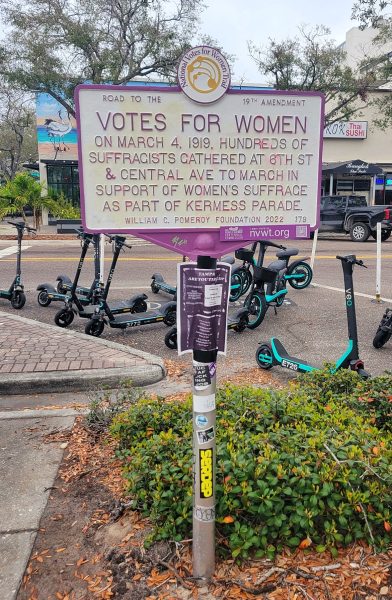The Issues with Ex-Pats
Olivia Overseas
Coming from the Latin roots of ex(out of) and Patria(country, fatherland) the word expatriate, or how we commonly refer to it as an ex-pat, means at its core, one who leaves their country of origin to live in another place. Innocent as it may, it seems the truth in the word is deeply rooted in biases that enforce the structures that divide socioeconomic classes.
In today’s society, one who refers to themselves as an ex-pat is commonly associated with an “exotic” adventure in a “far-off” land. The connotations with the word are usually those of curiosity or envy. However, another word with a similar denotation is never paired with those adjectives. Immigrants, defined as “a person who comes to live permanently in a foreign country,” are in many western societies seen in a negative light or something to overcome.
Currently, I am living in a community full of people from around the world. The living conditions are very nice, and most of the people live in a relatively similar style. Here, people are constantly referring to themselves as ex-pats. What angers me beyond the extent is how only a couple of sentences later they will refer to the service workers of the community — many of whom are from the Philippines, India, and other developing nations — as immigrants.
In my mind, the only thing different between these two groups is the socioeconomic circumstances in which they moved to a country that was not their own. This concept of ex-pats vs. immigrants is further dividing the world. I am a huge advocate for creating a world where people can realize humanity’s sameness so that we can overcome our differences. However, that dream cannot become a reality if we don’t refer to the people who connect the global community as two different groups based solely on the socioeconomic or racial group they belong to.
If you are still not convinced, I’d like to give one example of how separated these concepts are. When thinking of an ex-pat community, you think of a Facebook group created in a city where ex-pats get together to brag about their “world experiences” over a meal that they just had to try because their best friend’s aunt’s sister posted it on Instagram. Then, think about an immigrant community, a group formed to survive the exclusivity of a society they are not native to and are not being welcomed into because they are trying to make a better life for themselves.
This stigma about being an immigrant has to go, just like the word ex-pat needs to leave our vocabularies.










